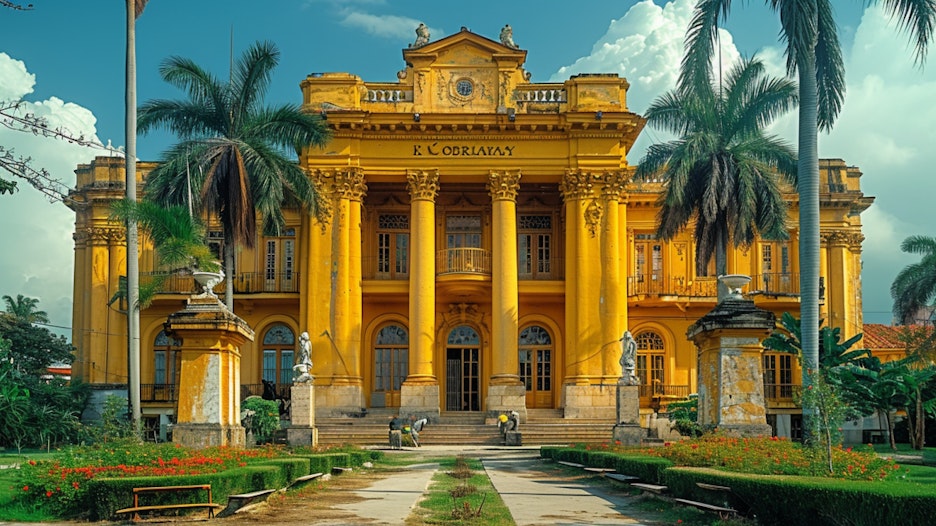News - In El Salvador, fewer and fewer people are using Bitcoin
By
In El Salvador, fewer and fewer people are using Bitcoin
According to a recent research from the Universidad Centroamericana "José Simeón Cañas" in El Salvador, only 12 percent of the population will have at least one Bitcoin used to make a purchase. For the December survey, 1,280 people were surveyed. A year ago, this was 24 percent of the population.
However, nearly half of those surveyed who made a purchase with Bitcoin did so only one to three times (49.7 percent), while only 20 percent used BTC 10 times or more. Bitcoin was most commonly used for food (22.9 percent), supermarket payments (20.9 percent) and veterinary clinics (15 percent).
Nevertheless, 6.8 percent of respondents recognized an improvement in their family's standard of living since the introduction of Bitcoin as legal tender. By 2022, this was down to 3 percent. But almost no one suspected a causal link between this economic improvement and Bitcoin.
Even among optimists who acknowledged an improvement in the country's economic situation, only 0.5 percent believed Bitcoin was the main cause. In contrast, 25.3 percent saw the drop in crime as the decisive factor and 19.8 percent saw the controversial president and his government as the determining factor.
The 45-page survey contains no direct questions about the Salvadoran government's Bitcoin investments. According to the "Nayib Bukele Portfolio Tracker" however, the return on the government's Bitcoin portfolio at the time of writing (18/01/2014 14:45 CEST) is 0.16 percent.
So far, adoption among El Salvador's normal population has been virtually non-existent. It is mostly tourists and digital nomads from Western countries who are enthusiastic about Bitcoin. Still, President Bukele's gamble could pay off when the bull market really takes off in 2024.
The world's first Bitcoin government bonds are being issued in El Salvador this quarter. The government wants to raise as much as one billion US dollars and is offering investors 6.5 percent interest with a ten-year maturity.






